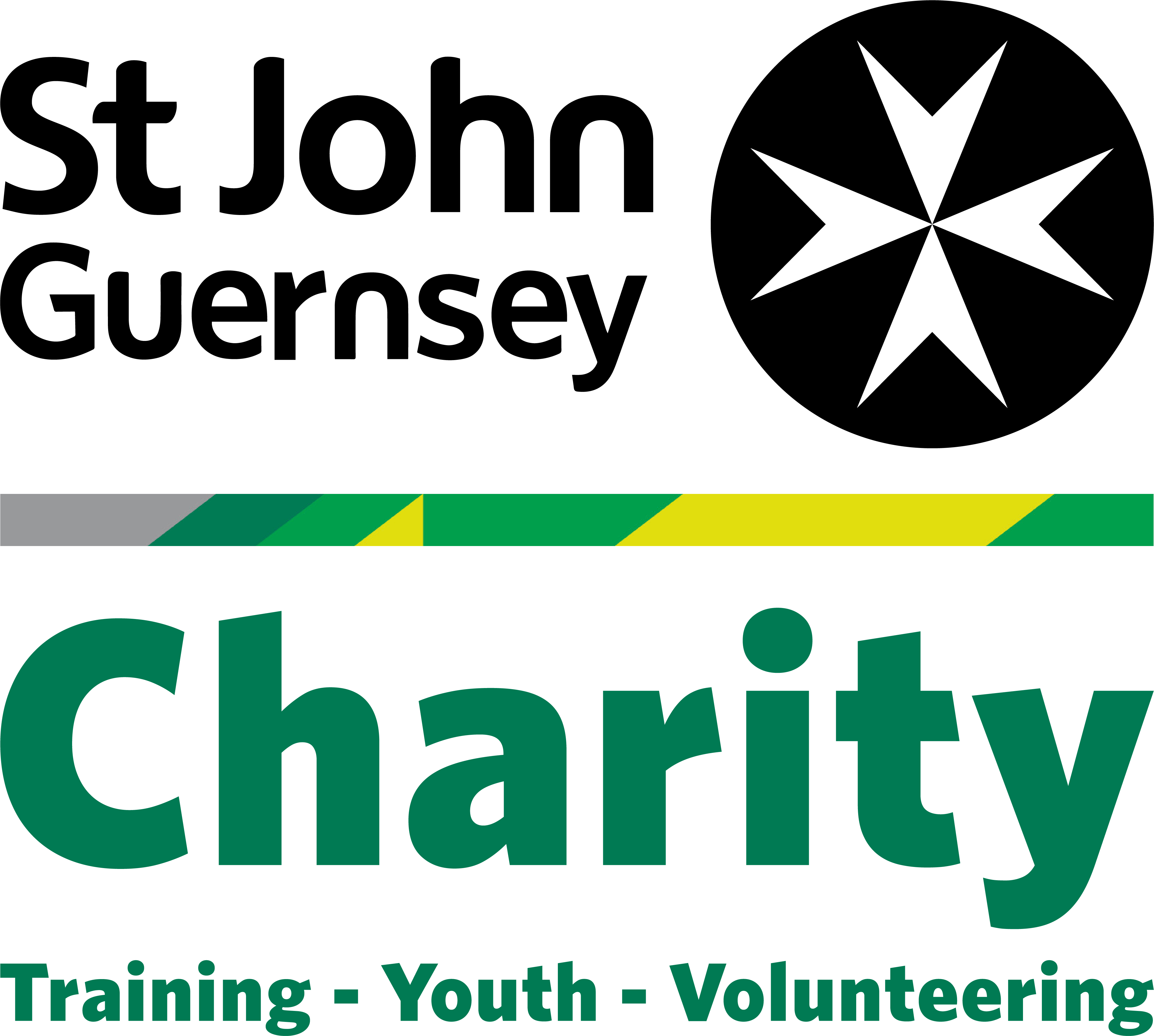The St John Emergency Ambulance is launching a public health campaign to raise awareness of the signs of a stroke and the need for people to act FAST if they think someone is having stroke.
A stroke is a medical emergency. Early recognition and early medical attention can make a significant difference to a patient’s future quality of life, or even survival following a stroke.
“Nobody thinks it will happen to them. The public awareness campaign is an excellent platform to get that message across.
Anyone can have a stroke at any age, although the older you get the chances of having a stroke go up. Other risk factors include medical conditions such as high blood pressure, diabetes and high cholesterol. Lifestyle factors such as smoking, drinking and being overweight can also increase the risk of a stroke.
The FAST test can help with the recognition of a stroke.
F – Facial weakness, A – Arm weakness, S – Speech problems, T –Time to call 999. It is critical that treatment is given quickly.
In the UK there are more than 100,000 strokes every year and it is the fourth single cause of death in the UK (source UK Stroke Association).
In Guernsey, the St John Emergency Ambulance Service attends an average of ten suspected stroke cases every month. Worryingly a recent audit suggested that there can sometimes be a long delay between the onset of a stroke, people recognising the signs and then calling 999 for emergency medical help.
To help raise awareness and improve patient care the St John Emergency Ambulance Service is leading a public health promotion campaign in 2018. 
The first phase will see Stroke Association FAST leaflets being distributed to 16,000 homes around Guernsey.
#FASTtest
Acting Assistant Chief Ambulance Officer, John Le Noury said, “We recently carried out an audit of stroke cases found there was a significant delay between the onset of a stroke and an ambulance being called. In order to improve the outcome for a patient we are keen to help get the message out there. It is really important that people not only recognise the signs of a stroke, but also know to call 999 for an ambulance as soon as the spot any one of the FAST test signs.
Later this year FAST posters will appear on ambulances. We are currently working with the Guernsey Stroke Association on this phase. The Guernsey Stroke Association, which is an independent local charity supporting islanders who have had a stroke, has agreed to fund the costs of this part of the campaign.
Anne Smith, chair of the Guernsey Stroke Association said, “We are pleased to be working in conjunction with the St. John Emergency Ambulance Service to bring awareness of how to recognise the symptoms of a Stroke, and how important it is to act F.A.S.T. The outcome of a stroke patient’s recovery could depend on how quickly they receive medical treatment, so if you suspect someone has the symptoms of a stroke, don’t delay ring 999 immediately”.
The St John campaign is also being supported by Guernsey businessman Vaughan Davies who suffered a stroke two years ago. Mr Davies said, “Nobody thinks it will happen to them. The public awareness campaign is an excellent platform to get that message across. That way people learn about the symptoms to look out for which are vital at the early stages.”
St John is grateful to the University of the Third Age for their support in funding the printing of the leaflets and to Guernsey Post for helping with the distribution. St John applied for a free door2door charity service from Guernsey Post. As part of the partnership with U3A, a paramedic recently gave a talk to eighty members of the local group on stroke awareness and the FAST test.

